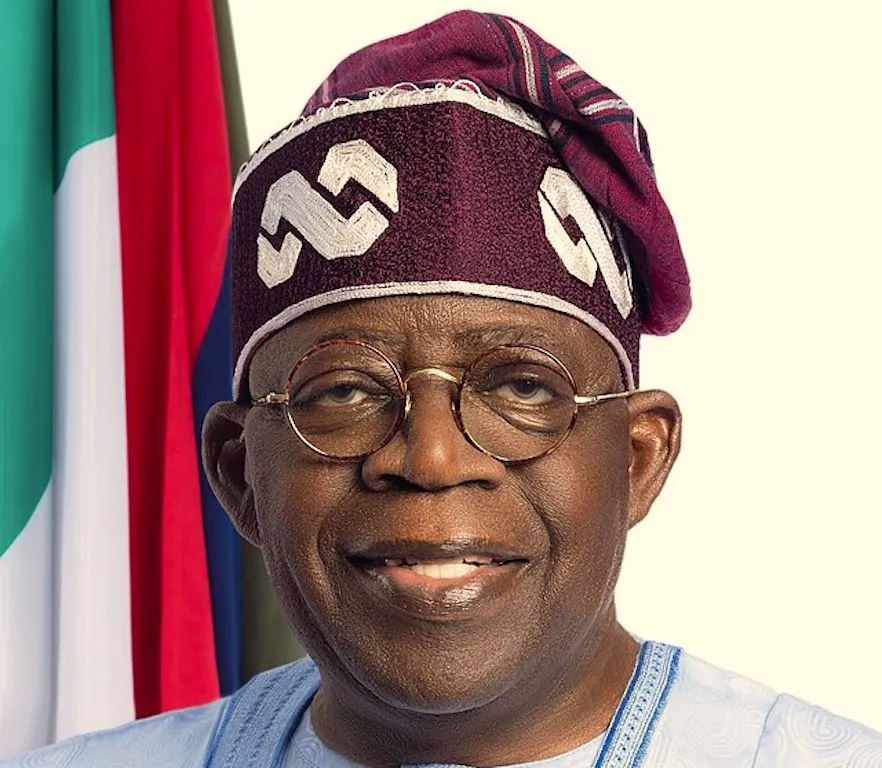President Bola Ahmed Tinubu has postponed his planned diplomatic mission to South Africa and Angola, citing mounting security concerns at home following recent high-profile attacks and kidnappings. The trip, initially scheduled for later this week, was to include attendance at the G20 Leaders’ Summit in Johannesburg and the 7th AU-EU Summit in Luanda.
The decision comes as Nigeria reels from a series of disturbing security breaches, including the abduction of schoolgirls in Kebbi State and a deadly attack on worshippers at Christ Apostolic Church in Eruku, Kwara State. According to a statement issued by his spokesperson, Bayo Onanuga, Mr. Tinubu has asked the Vice President, Kashim Shettima, along with the Department of State Services (DSS) and the police, to provide detailed reports on both incidents before he departs.
In Kashim Shettima’s recent trip to Kebbi, he paid a sympathy visit on behalf of Mr. Tinubu, whose government has come under intense pressure to act decisively. The President has ordered a deployment of additional security personnel to Eruku and the wider Ekiti Local Government Area in Kwara State, and has tasked security agencies with rescuing the 24 schoolgirls abducted in Kebbi.
Mr. Tinubu reaffirmed his role as Commander-in-Chief, expressing “deep depression” over both the loss of military personnel and the unsettling disruptions to education. He said he was “depressed that heartless terrorists have disrupted the education of innocent schoolgirls,” and stressed the urgency of a swift, coordinated response from security agencies.
Originally, the trip was part of Nigeria’s broader foreign policy push under Tinubu’s Renewed Hope Agenda, seeking to reassert Nigeria’s diplomatic relevance at international fora. The G20 Summit in Johannesburg, scheduled for November 22–23, had been billed as a key opportunity for Nigeria to stake its claim in critical discussions around global economic growth, debt sustainability, energy transitions, food systems, and the future of work in an AI-driven world.
Following the G20 meeting, Mr. Tinubu was expected to join other African and European heads of state at the AU–EU Summit in Luanda (November 24–25), where conversations would centre on climate action, inclusive development, digital transformation, infrastructure, and agribusiness.  His delegation was to include senior officials such as Foreign Affairs Minister Yusuf Tuggar, Finance Minister Wale Edun, Solid Minerals Minister Dele Alake, Trade Minister Jumoke Oduwole, and the Director-General of the National Intelligence Agency, Mohammed Mohammed. 
This is not the first time insecurity has weighed heavily on Mr. Tinubu’s presidency. In his mid-term address earlier this year, he claimed that security had improved under his watch, citing gains made by the military and police in curbing banditry in some northwestern regions.  But critics have pushed back, arguing that abductions, terror attacks, and communal violence remain pervasive challenges for his administration.
For now, the President is awaiting the security reports from the Vice President, the DSS, and the police, and has directed all relevant agencies to intensify operations aimed at rescuing the abducted girls and neutralising ongoing threats. The eyes of the nation, and the international community, will now be on how swiftly and effectively his government responds to this moment of crisis.
Samuel Aina

